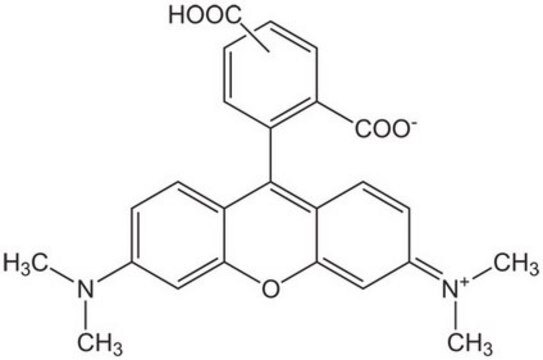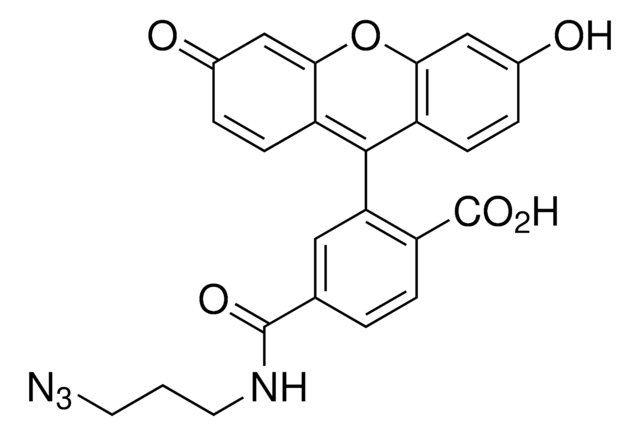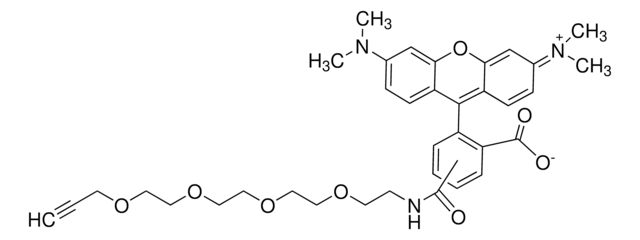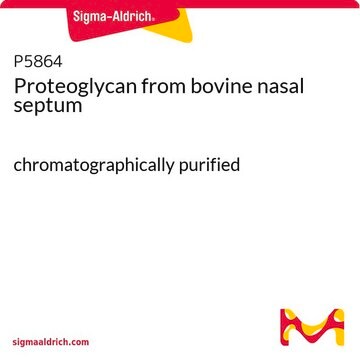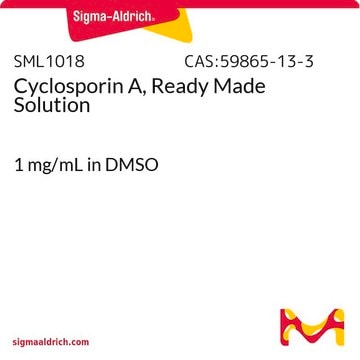D8428
Decorin from bovine articular cartilage
salt-free, lyophilized powder
Synonym(s):
Decorin protein
About This Item
Recommended Products
biological source
bovine articular cartilage
Quality Level
form
salt-free, lyophilized powder
mol wt
~100 kDa
packaging
glass bottle of 0.5 mg
technique(s)
cell culture | mammalian: suitable
solubility
PBS: ≥2.00 mg/mL, clear, colorless to yellow
UniProt accession no.
storage temp.
−20°C
Gene Information
cow ... DCN(280760)
General description
Application
Biochem/physiol Actions
Other Notes
Storage Class Code
11 - Combustible Solids
WGK
WGK 3
Flash Point(F)
Not applicable
Flash Point(C)
Not applicable
Personal Protective Equipment
Choose from one of the most recent versions:
Certificates of Analysis (COA)
Don't see the Right Version?
If you require a particular version, you can look up a specific certificate by the Lot or Batch number.
Already Own This Product?
Find documentation for the products that you have recently purchased in the Document Library.
Customers Also Viewed
Articles
Uncover more about glycosaminoglycans and proteoglycans including the structure of glycosaminoglycans (GAGs), the different types of GAGs, and their functions.
Glycosaminoglycans are large linear polysaccharides constructed of repeating disaccharide units.
Our team of scientists has experience in all areas of research including Life Science, Material Science, Chemical Synthesis, Chromatography, Analytical and many others.
Contact Technical Service
